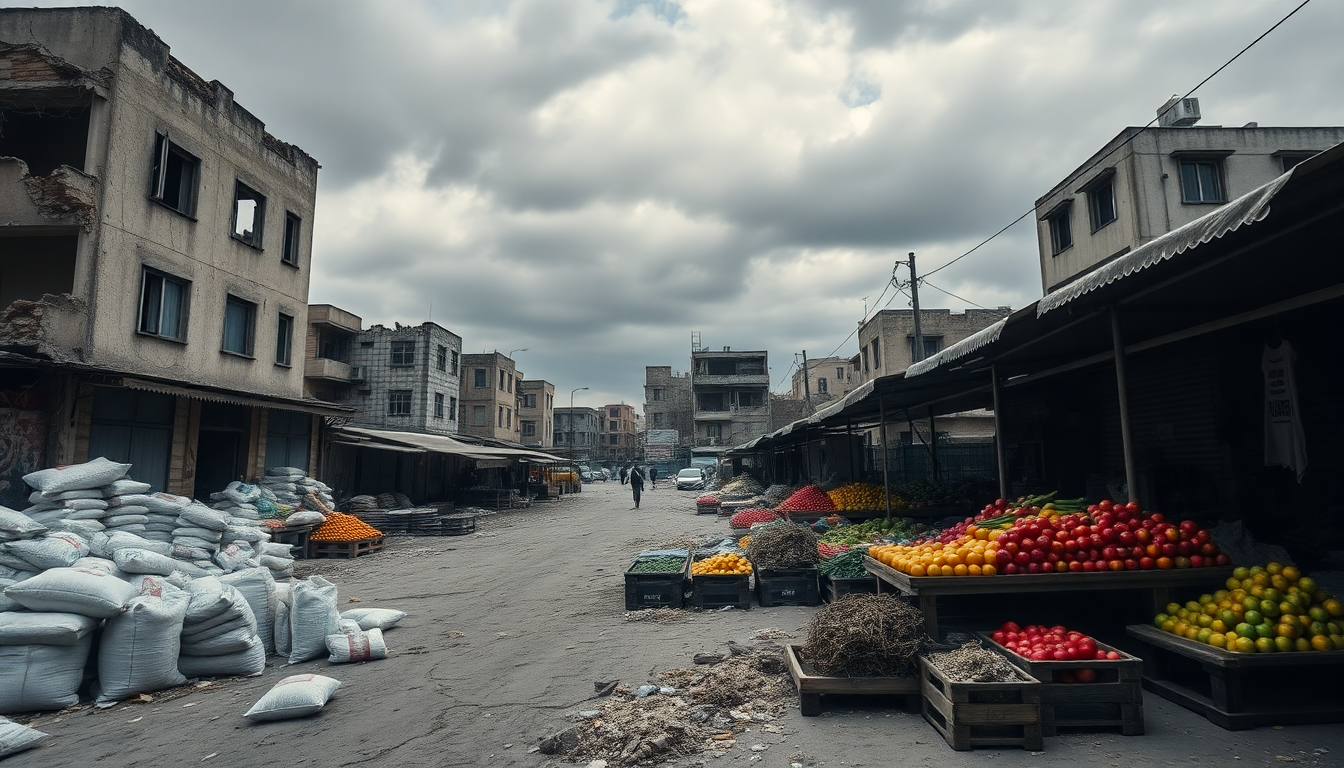Table of Contents
The humanitarian situation in Gaza has reached a critical breaking point, with hunger affecting thousands of lives. As the conflict drags on, the struggle for food and essential aid is worsening the already dire circumstances for the people living there. In this article, we’ll explore the current crisis, the serious implications of starvation, and the urgent calls for international support.
What’s going on in Gaza?
The ongoing conflict in Gaza has resulted in widespread destruction and the collapse of essential services. Reports indicate that food scarcity is becoming one of the most pressing issues for families. Many are finding it increasingly difficult to secure daily meals, with prices skyrocketing due to limited supply. The United Nations has declared that starvation amounts to a war crime, underscoring the urgent need for action from the international community.
Without access to food and medical supplies, the health of the population is deteriorating at an alarming rate. Children are especially at risk; malnutrition can have lifelong effects on their development. This tragic reality has led numerous humanitarian organizations to call for a ceasefire, pleading with all parties to prioritize civilian welfare over military goals. Can we afford to ignore the needs of the most vulnerable?
The real cost of starvation
Starvation isn’t just about feeling hungry; it has far-reaching consequences. As people face severe nutritional deficiencies, the risk of disease significantly increases. Many already struggle with chronic health conditions that worsen without proper nutrition, leading to higher mortality rates. It’s a vicious cycle that needs to be addressed immediately.
Let’s not overlook the psychological toll of starvation, either. Families are grappling with not just the physical effects of hunger but also the emotional strain of living in a war zone. The fear of losing loved ones and the uncertainty of what tomorrow holds contribute to a mental health crisis that will take years to heal. How can we help those who are suffering in silence?
Rallying for international aid
With the crisis escalating, voices from across the globe are calling for immediate humanitarian assistance. Various international organizations are mobilizing to provide relief, but gaining access remains a significant hurdle due to ongoing hostilities. Aid workers face countless obstacles that hinder their ability to deliver essential supplies to those in desperate need.
It’s crucial for the global community to respond swiftly, advocating for the rights of those affected and ensuring that aid reaches the most vulnerable. We must strengthen diplomatic efforts to establish safe corridors for food and medical supplies, alleviating the suffering of Gazans and reinforcing the idea that humanitarian needs should always come first—no matter the political situation. Are we ready to stand up for those in need? The time to act is now.


